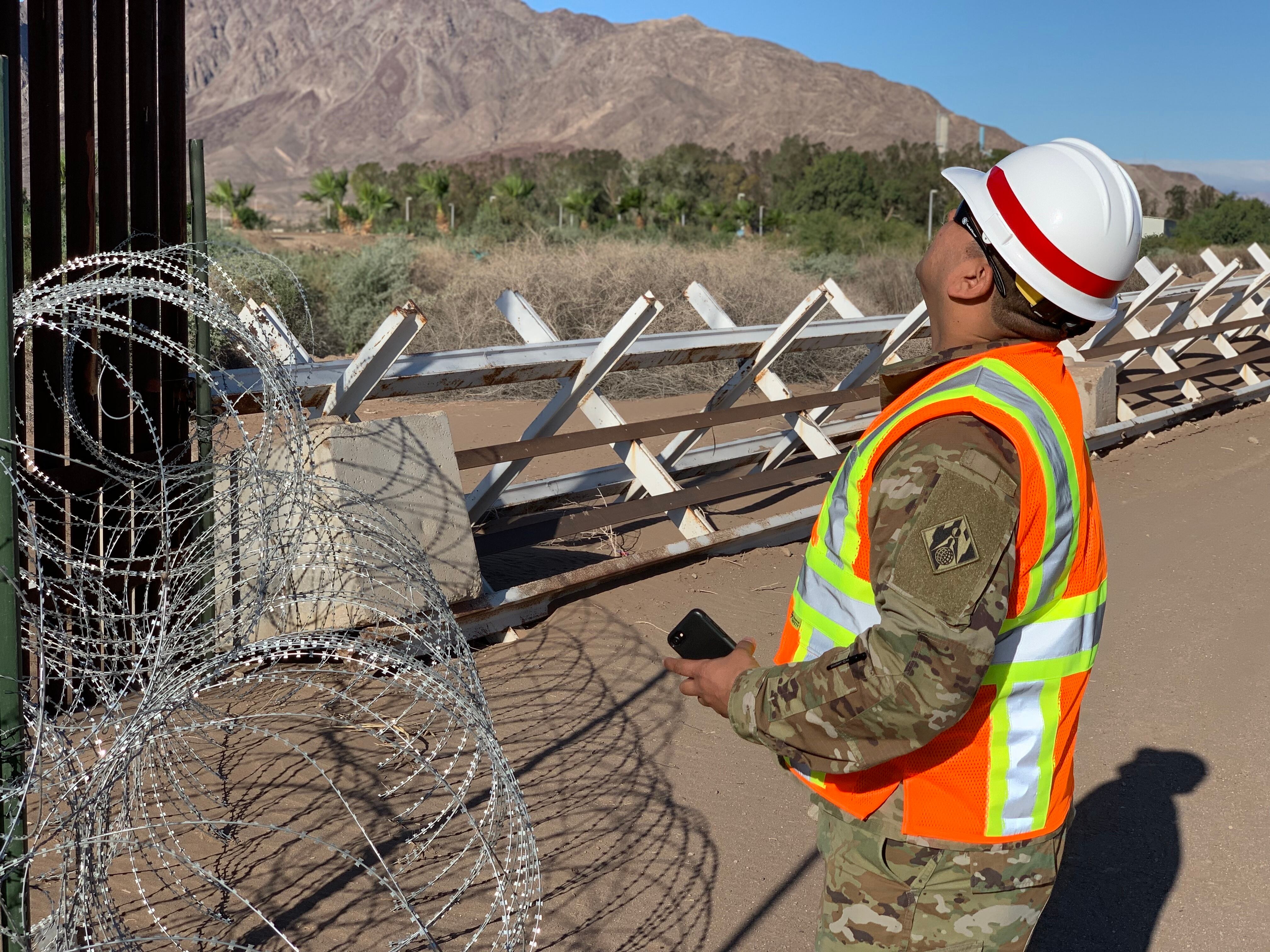House appropriators advanced a $228 billion budget plan to fund the Department of Veterans Affairs and various military construction projects next fiscal year, adding even more money to veterans programs than the White House has requested.
If it becomes law, the funding plan would give VA officials an increase of more than 10 percent compared to fiscal 2019 levels, the latest in an almost two-decade trend of sizable increases for the department.
The bill also includes language blocking military construction funds from being used for President Donald Trump’s controversial southern border wall project, expected to be a major point of contention in budget debates throughout the summer.
RELATED

Democrats on the appropriations committee said they are ready for the fight.
“Funds for the wall should not be stolen from previously approved vital military construction projects that are a higher priority than any wall,” said Rep. Debbie Wasserman Schultz, D-Fla. and head of the committee’s VA-military construction panel.
“Military construction dollars should be used only for the purpose they are provided, which is to support the Department of Defense’ mission, service members and their families.”
Committee Republicans unsuccessfully tried to remove the wall construction restrictions and add in $7.2 billion in additional wall funding for fiscal 2020, calling the border issue a national security threat for the country.
Earlier this year, Trump announced plans to tap more than $3 billion in previously approved military construction funds for wall construction. The move roiled political opponents and has overshadowed all budget negotiations on Capitol Hill.
Despite that disagreement, Thursday’s budget bill received bipartisan support in the final committee vote (31 to 21) and praise from members on both sides for a commitment to funding veterans’ needs.
The fiscal 2020 budget proposal is nearly double the total VA funding level from 10 years ago and more than four times the total in fiscal 2001, when the entire budget was about $45 billion.
The measure includes $94.3 billion in discretionary program funding for VA. That’s about $1 billion more than what the White House requested in March, and represents an increase of more than nine percent from fiscal 2019 levels.
House appropriators included an additional $1 billion in VA construction funds for “seismic corrections at VA facilities nationwide,” an issue that veterans groups have lobbied on for years.
The measure also includes $9.4 billion for mental health programs, $1.9 billion for homeless assistance efforts, and $4.5 billion for community care expansion. Lawmakers added about $35 million in gender-specific veterans programs (now totaling more than $580 million) and mirrored the administration’s request for $840 million for medical and prosthetics research.
RELATED

Another $222 million was set aside for suicide prevention outreach activities. VA officials faced criticism last year for not using all of that spending account despite a lack of progress on reducing suicides among veterans.
About $1.6 billion is set aside in the measure for VA’s ongoing electronic medical records overhaul, designed to bring their systems into line with military records. Several lawmakers expressed skepticism about the costs — and past money spent on the issue — but agreed to the total because of the importance of synching the systems.
Within the military construction totals (about $10.5 billion), lawmakers included $1.5 billion in family housing funds. That’s up about $141 million from the White House budget request, and was included to address issues “such as mold, vermin, and lead in military family housing.”
That issue has been a focus of Congress in recent months. Military leaders have promised reforms to the department’s privatized housing amid reports of lingering maintenance and health issues at dozens of sites.
The full House is expected to vote on the VA and military construction budget bill in coming weeks. The Republican-lead Senate has not yet weighed in with their initial draft of those spending issues yet.
Both sides will need to pass a final compromise on a spending plan — or a short-term budget extension — before Oct. 1 to avoid a partial government shutdown.
As they have in recent years, lawmakers in 2018 approved advanced appropriations for VA medical needs to ensure that department hospitals and medical centers are not shut down in the event of a budget impasse.
Leo covers Congress, Veterans Affairs and the White House for Military Times. He has covered Washington, D.C. since 2004, focusing on military personnel and veterans policies. His work has earned numerous honors, including a 2009 Polk award, a 2010 National Headliner Award, the IAVA Leadership in Journalism award and the VFW News Media award.




